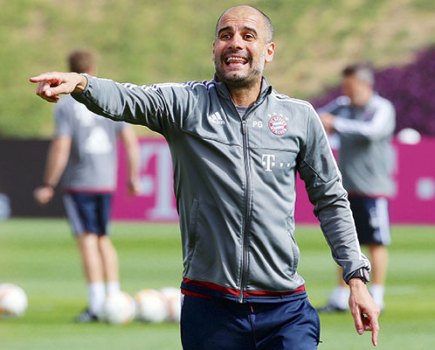 It is a rare event when the vibrant and diverse British sporting media sings universally from the same hymn sheet.
It is a rare event when the vibrant and diverse British sporting media sings universally from the same hymn sheet.
It happened, though, in the case of the eight-match ban imposed on Luis Suarez after a thorough FA investigation into allegations of racial abuse against Patrice Evra in a Premier League match versus Manchester United.
There was complete agreement both that the FA had investigated a sensitive matter with commendable thoroughness, and that Suarez’s club, Liverpool, had blundered badly in its awkward and outraged response at every stage of the process: the allegation, the charge, the hearing, the punishment, and the fallout.
There was much talk, and well justified, of the potential damage to the reputation of the global brand of Liverpool FC.
Did this happen because the reaction of the club through many weeks of the case was led by men of football rather than PR specialists? It is a valid question to ask when by far the most vocal voice from Anfield was that of manager Kenny Dalglish, who spoke with an indignant tone and fierce loyalty to the player.
Dalglish was following the traditional pattern in football of defending your own come what may and trying to fight a way out of a possible stern punishment to a star member of the squad. With an issue as significant as racial abuse, when the matter in hand goes well beyond a mere game to a crucial aspect of behaviour in society, that is not necessarily a wise policy.
We can never know whether an instant expression of regret and apology on the day of the match, a swift explanation by Suarez that he genuinely believed that he wasn’t being offensive, could have avoided all the subsequent pain of negative headlines and an eight-match ban.
It is certainly possible – and it is the considered view of experts in the field of communications and PR.
There isn’t another business in the world apart from sport that would leave decisions about the vital matter of its good name and its global image to non-experts. But that’s how it is so often in football, where the tradition is for the manager to have vast authority and control.
One of the most highly respected British sports PR experts told me that he had recently been approached by a Premier League club to head their communications team. He loves the game, he thought he could do a valuable job, but he declined because he would not be guaranteed scope to make crucial decisions on crisis issues such as the Suarez affair.
The problems manifest themselves on a smaller scale too. In the modern age of social media, instant news and increased media literacy, the old football way of being economical with the truth looks increasingly more absurd.
There have been a couple of recent cases involving Manchester United, but it could be many clubs. They gave the false reason of “a virus” for the absence from the team of midfielder Darren Fletcher, which led to unfounded speculation. Eventually, the club revealed the player was suffering from a debilitating and potentially career-threatening bowel condition.
Sympathy abounded for the player, as it always would have. But there was bewilderment and dismay that the club had given out misleading information. Was this a truth that needed suppressing?
On New Year’s Eve the supporters of United were amazed to discover that Wayne Rooney was absent from the team to play Blackburn Rovers, not least when there were already 13 players injured. Alex Ferguson said that the player hadn’t trained well that week and had a few “strains”. In fact, Rooney had been dropped and fined a weeks’ wages after a night out.
United lost 3-2 to Blackburn, and the club lost credibility for giving out misinformation. It was plain daft.
Image and truth both matter in the modern world of sport – and football needs to understand that.
By Jim Holden




